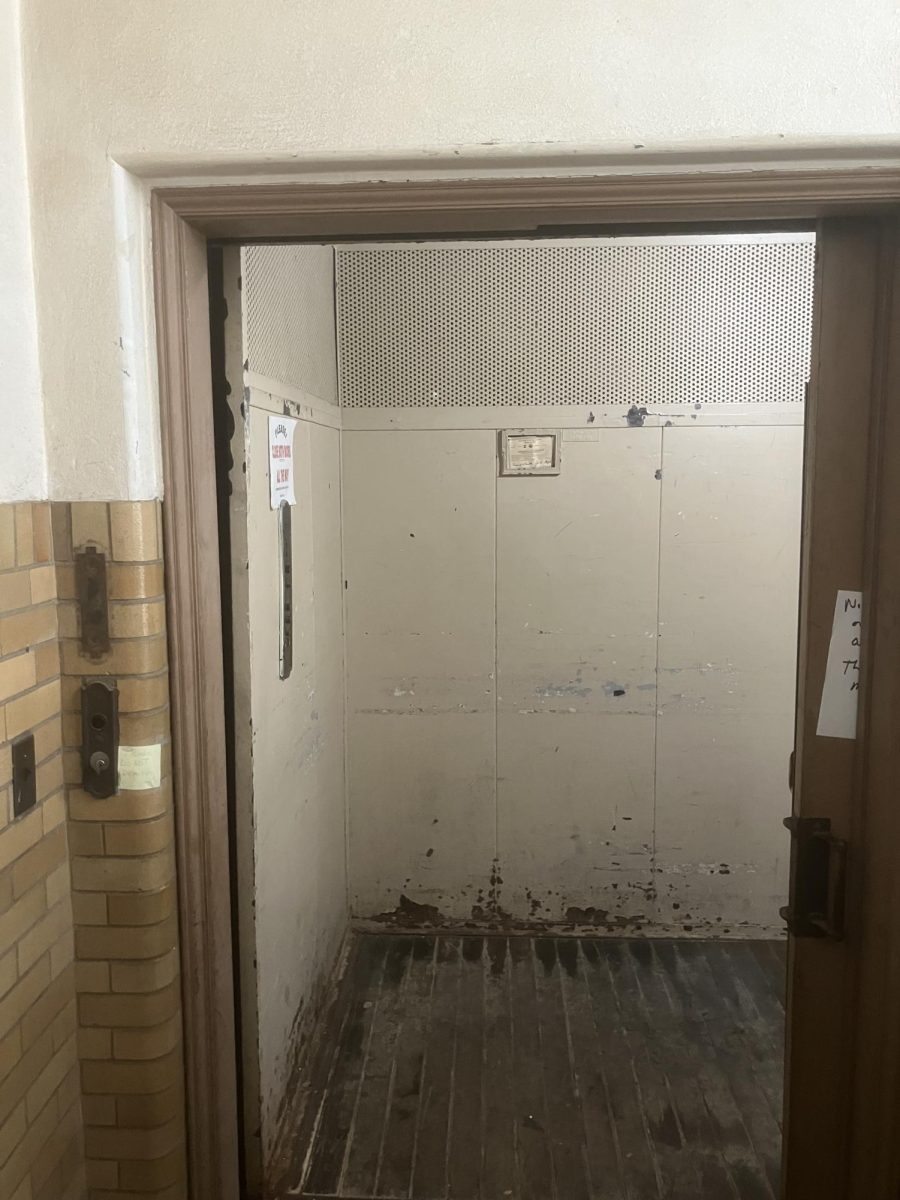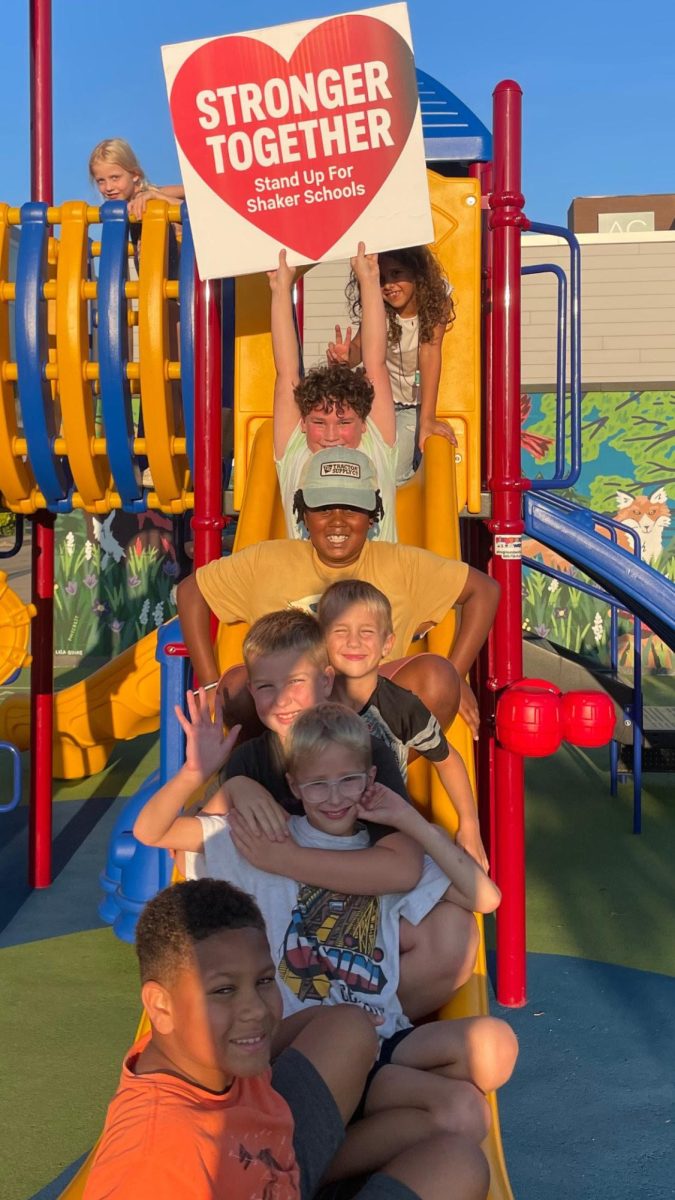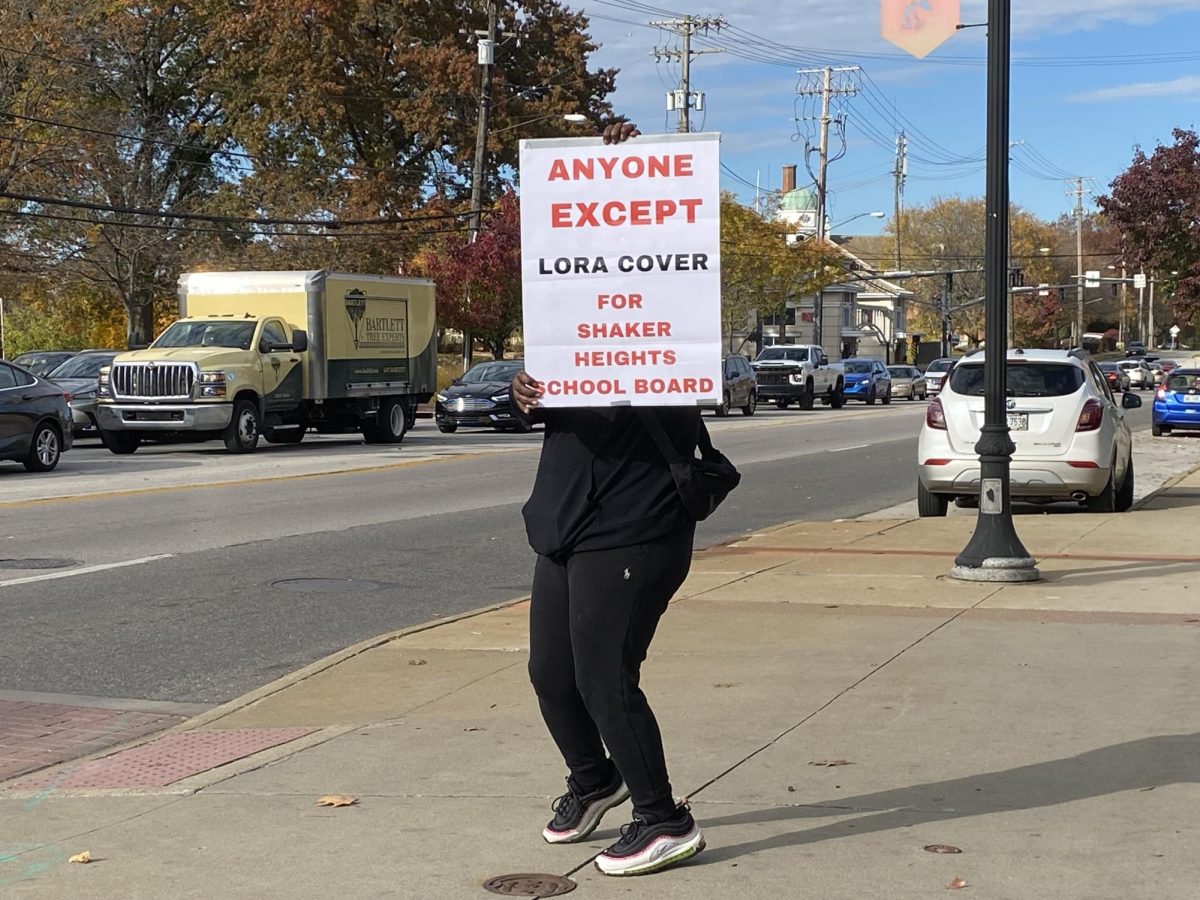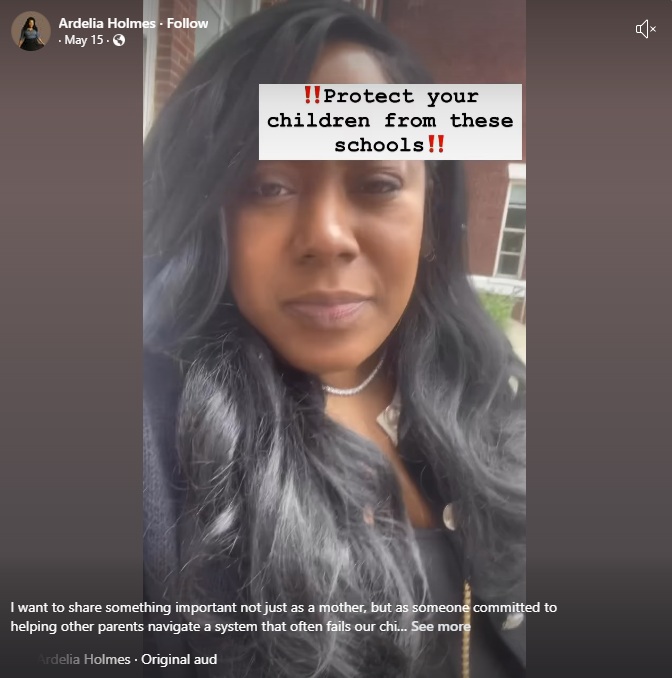Dr. Mark Freeman, Shaker Heights City School District’s 25-year superintendent, said he sometimes considers himself an “accidental superintendent.”
Freeman, who joined the Woodbury Elementary School faculty in 1967 as an industrial arts teacher, told The Shakerite he never planned to be superintendent. While studying for his undergraduate and graduate degrees, he said he considered a career in child psychiatry. After moving to a Shaker administrative position in 1974 as director of educational services, Freeman rose to the rank of assistant superintendent in 1985. In this post he applied for and was offered several superintendent jobs in other school districts, but declined them all because he and his wife at the time “felt that our children were getting a fabulous education in Shaker” and did not want to risk moving them to a lesser school system. Even at that point, Freeman said, “I never really thought I’d be offered the Shaker job.” To his surprise, Freeman was hired for that position in 1988. He will retire in August.
In the 46 years Freeman has worked at Shaker, major changes have occurred, including racial desegregation and implementation of the International Baccalaureate Programme.
Freeman reflected on his work before and during his superintendency to racially integrate the schools. “I spent a lot of time with desegregation or integration programs in the school district. Shaker was certainly ahead of the curve because it was a voluntary program, but there were certainly large numbers of people who weren’t happy from it,” Freeman said. “I remember the large auditorium at the high school; the entire balcony was full at meetings with people who really had strong feelings,” Freeman said. “It wasn’t as smooth as it’s portrayed sometimes.”
According to Freeman, IB was on the district’s radar long before its implementation began. He said everything seemed to fall into place when the district received funding for Mandarin Chinese programs that could work in tandem with IB.
Freeman discussed his tenure as superintendent humbly, giving credit to his staff. “They really aren’t my accomplishments. They’re accomplishments of the school district and the students and the faculty that I worked with. I guess if I had to say what the most important thing would be, would be to recruit and retain a high-quality faculty,” Freeman said. However, Freeman accepts some praise. “I believe that I’m leaving with the institution in really good condition,” he said.
On an issue of great importance to many students, snow days, Freeman reflected somewhat regretfully. “The issue of closing school is very important. . . . The most important thing is the safety of the students and the staff and anyone involved,” he said. “We try to do the best possible job to determine whether schools should be closed or open and it’s always a difficult decision. . . . I’ve certainly been wrong sometimes and right other times.”
The outgoing superintendent credited community members, despite some of their disagreements over snow days and other issues. He said most residents and students “understand the complexity of the job. . . . They may not understand every detail, but they know. That’s why they’re supportive.”
Freeman holds a common regret. “I certainly always could have worked harder. I always tried to do my best on everything, but of course I didn’t always,” he said. Freeman added that he did not do everything he wishes he could have, and that “there’s always more to do.”
The most fulfilling part of his job was seeing the “success of young people,” Freeman said. “I’m able to see them when they enter kindergarten and when they go through commencement, and graduates also come back and tell me how well-prepared they were academically and also how well-prepared they were to be out in the world and understand diversity.”
Freeman disputed the claim that 25 years of being superintendent was too long. “Some people might say it would be greater benefit to have more superintendents or to have change. I think constant turnover of superintendents in a school district does not serve communities and students well,” he said. “I think it’s been good for the district that I’ve served this long.”
In September 2012, Freeman announced he would retire at the end of this school year, giving the Shaker Heights Board of Education of time to look for a new leader. He said he discussed potential search firms and the overall search process with the board, and the board asked him to look at a list of applicants provided by Hazard, Young, Attea and Associates, the search firm the board hired. However, he said played no role in helping the board narrow down the list of applicants to three finalists or in selecting Dr. Gregory Hutchings as his replacement.
Freeman hesitated to give Hutchings advice before the 36-year-old from Alexandria, VA assumes the post. “I’ve talked with him quite a bit.” Freeman said. “I think Dr. Hutchings is a very impressive guy and I’m optimistic he’ll do a good job.”
The “accidental superintendent” shared some concerns about the district’s future. He cited mandates from the state and federal governments requiring “incredible over-testing” of students, which he said “has led to a lot of cheating,” more in districts other than Shaker. He added that some state-level standardized tests are far too easy for many students and are “a waste of class time.” Additionally, Freeman noted problems including the district’s financial limitations and inability to hire as many high quality faculty members as it once did.
“There are quite a variety of issues,” Freeman said. “None of them are insurmountable.”
A version of this article appeared in print 5 June 2013 on pages 6 and 7 of The Shakerite.






